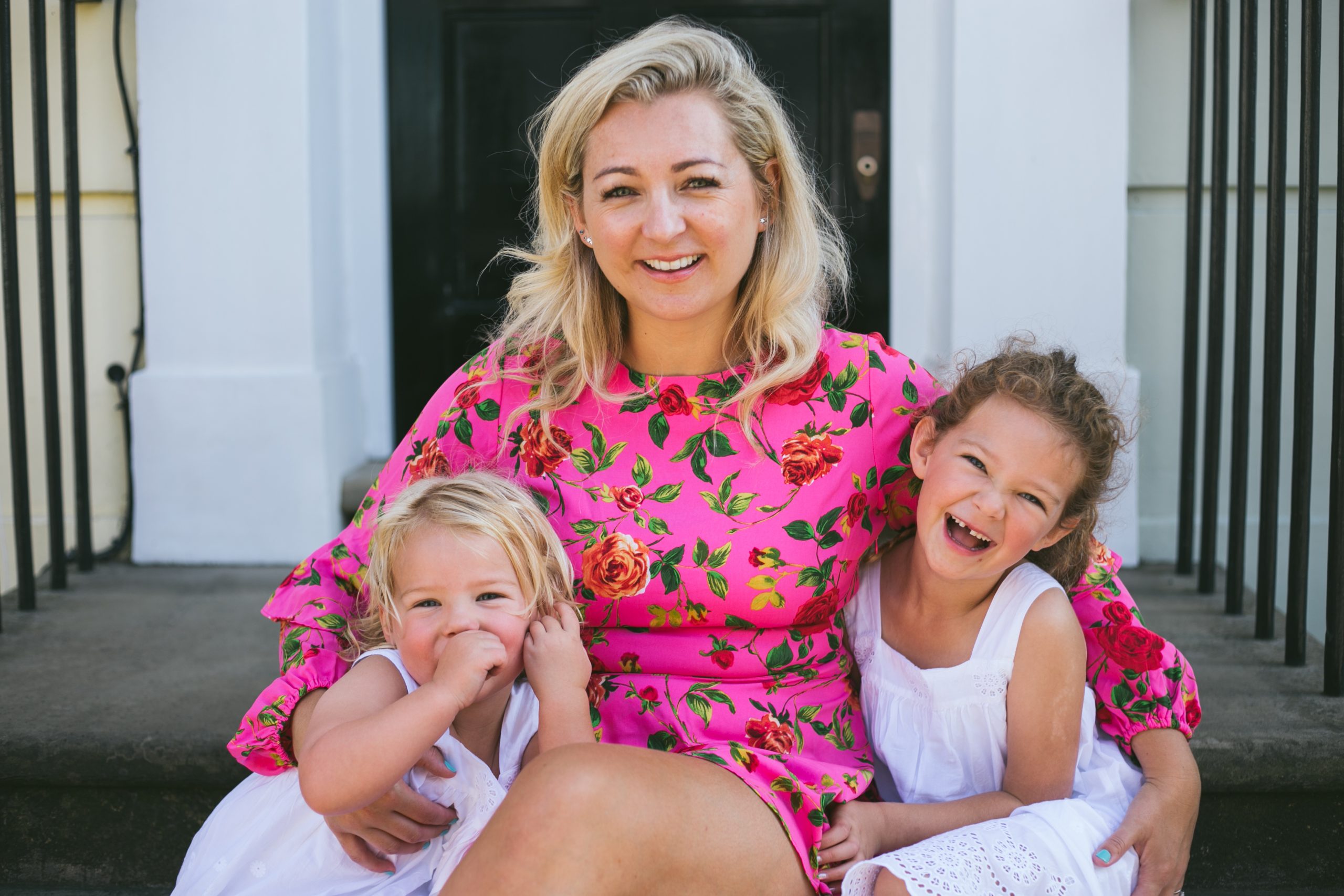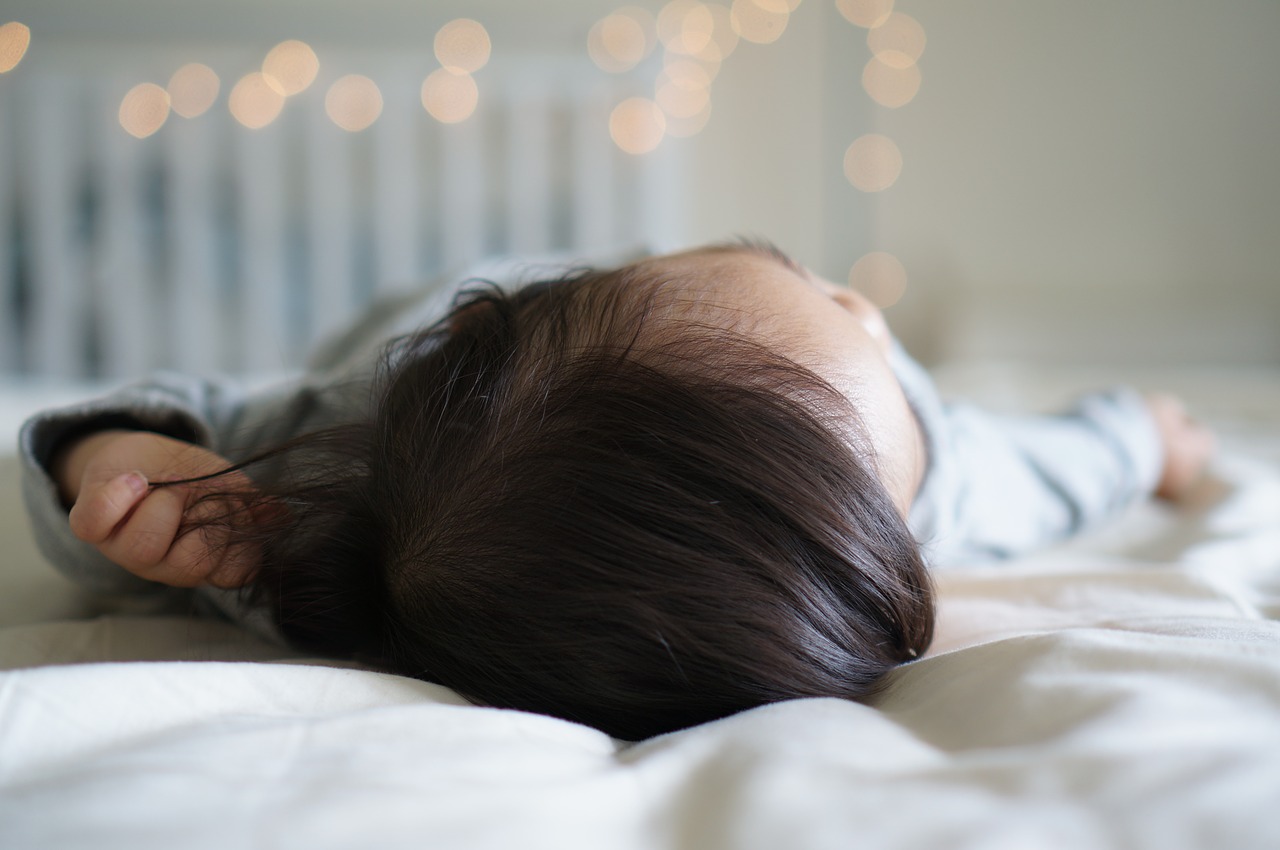In this second article looking sleep issues, Rosey Davidson explains why it’s important for a child to have a good night’s sleep and how we can help them get it. Rosey is a certified infant sleep consultant and founder of Just Chill Baby Sleep. You can follow her on Instagram where she offers free information alongside her online parenting courses.

The importance of a good night’s sleep for your little one and how to get it
Quality sleep is essential to our wellbeing and that of our children, but it’s not always easy to come by. Just like walking, talking and other milestones, the ability to fall asleep independently (and to stay asleep!) is something that is learned at developmentally appropriate times. The tricky part is how to help your child do this.
Why should we bother? Lack of quality sleep is increasingly linked to behavioural issues, impaired learning and immune system, not to mention emotional wellbeing. Adequate rest is very important during times of change or adjustment, as it helps all of us to regulate our emotions.
The goal is not ‘sleeping through the night’. None of us actually do this. We all wake up to some degree throughout the night, as we cycle between light and deep sleep. We’re unlikely to be awake long enough to remember this. But for children, they may stay awake if they haven’t learned the skill of falling back to sleep independently.
There are a whole host of common sleep issues that parents experience. The most common of these tend to be frequent night waking, early rising, short naps and fighting sleep. Approaching sleep from a holistic point of view is most helpful to tackle these issues. Taking into account your little one’s history, personality, health conditions and how they respond to you, will help you form a considered plan to improve your situation.
Supporting sleep
Research tells us that by around six months or age, many babies are physiologically capable of going through the night without a feed, but many are not. There are lots of things we can do to support the sleep of our littles ones:
Darkness
Black out those bedrooms! We sleep much better in a dark environment because our bodies are able to better produce melatonin (our sleep hormone). If your little one needs a night light then I advise an amber or red light. These colours don’t affect our sleep in the same way that white & blue light does which tell our bodies to wake up.
Temperature
Have the temperature on the cooler side. We don’t want your baby to get too cold but equally we are designed to sleep in slightly cooler temperatures. The ideal room temperature for sleeping is 16-20 Celsius.
Consistency
When your baby or toddler stirs during the night, they expect their sleep conditions to be the same as when they fell asleep. It might be worth assessing how your little one gets to sleep at bedtime and working on practising falling asleep independently, with the aim that one day they will be able to do this on their own. Consistency is key!
Daytime routine
Work on your daytime routine. Babies (and adults), really benefit from doing things at a similar time each day. A predictable routine can help baby anticipate what is coming next and to ensure that they get adequate daytime sleep. They soon learn what is coming next, which in turns makes them feel more relaxed.
Comforter
Introduce a comforter to your baby or infant. This is a small (often soft) object that provides baby with a sense of safety and security. They are a portable best friend who signals to your little one that it’s time to relax and unwind for bedtime. A comforter can support a baby who is stressed or faced with a change in their normal environment.
Sleep pointers for newly adopted babies and children
Gathering information on previous sleep environment and bedtime routines can be helpful. Some babies and children may not be used to sleeping alone and will need some time to adjust. Your little one may become overstimulated in their new environment, not used to the new love and stimulation from you.
While they’re forming new attachments, they can feel a little insecure around bedtime. This is entirely normal. It’s important to be available, but also give them space when they need it. It’s all part of the process of getting to know one another. If you’re looking to improve your newly arrived little one’s sleep, I recommend a gentle method where you show constant verbal or physical reassurance and slowly move out over time, to support your growing attachment.
Remember, no baby or parent is the same, and no situation is the same. What works for YOU and YOUR child is most important. It is never too early or too late to work on your little one’s sleep skills.

To read more articles about sleep, click to read here.



